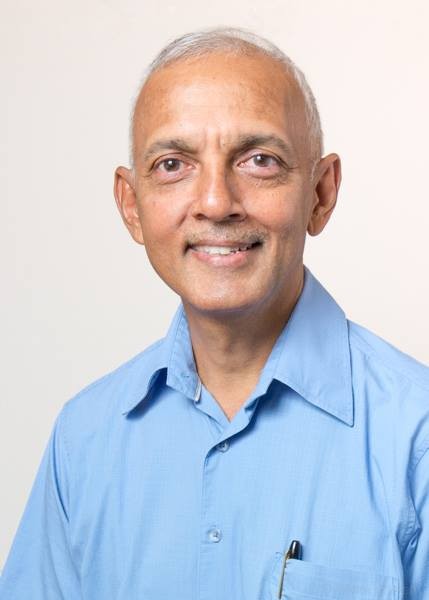Improving the lives of ordinary Guyanese citizens, especially the poor, is a “priority” for newly-appointed Minister of Communities Ronald Bulkan.

Speaking to Stabroek News shortly after he was sworn in as minister on Wednesday, Bulkan also reiterated the new administration’s promise to convene early local government elections, while saying that in the interim the “oppressive hand” of central government would be lifted from local democracy organs.
The Communities Ministry encompasses local government, regional development, housing and water, which were the remit of two separate ministries under the previous administration.
According to Bulkan, the thinking behind merging the portfolios under one ministry is to address human needs and the human condition.
“It is, unfortunately, the case that in too many of our settlements and housing schemes there is not sufficient emphasis on the human needs and the human conditions,” he said, while citing recreational facilities and adequate water supply for residents as being among the areas that need to be addressed.
He added that the provision of housing goes beyond merely having a roof over one’s head and for him the state must provide more meaningful infrastructure to be able to take care of people’s needs and to allow them to have decent and dignified lives.
“We have to ensure that our roads are not too congested and where there are needs for additional roads. I would hope to bring, as far as it relates to human needs… to look at all of the deficiencies that are present from the perspective of the ordinary persons and to see over time to correct and address those deficiencies,” he said.
Bulkan said the new administration is committed to making Guyana not “only the biggest and most beautiful country in the Caribbean” but also one of the most bountiful and rich in the Caribbean.
He stressed that a wealthy state makes wealthy people but added that the wealthy can take care of themselves and his remit is taking care and addressing the needs of the majority of the Guyanese people, who are poor.
Addressing local government elections, for which he and APNU had been protesting during the last administration and for which the coalition has promised to set a date within the first 100 days of its government, Bulkan said they are “now in a position to deliver on that.” Local government elections were last held in 1994, although they are due to be held every three years by law.
Bulkan said it will be a priority of the new administration to convene early local government elections but in the meantime there can be an early return to local democracy if the oppressive hand of central government is removed from the interference that was practiced in the affairs of the local democratic organs via ministers for a long time.
“They have damaged and degraded our local government system to the detriment to the welfare of our people and the evidence of that is visible all across our country in the decayed communities. And, so immediately even before we have local government elections the central government can replace that hand of control and extend a hand of friendship, of cooperation with our local government organs, to partner with them, to work with them, so they can deliver with regards to the needs of citizens and their constituents,” the new minister said.





